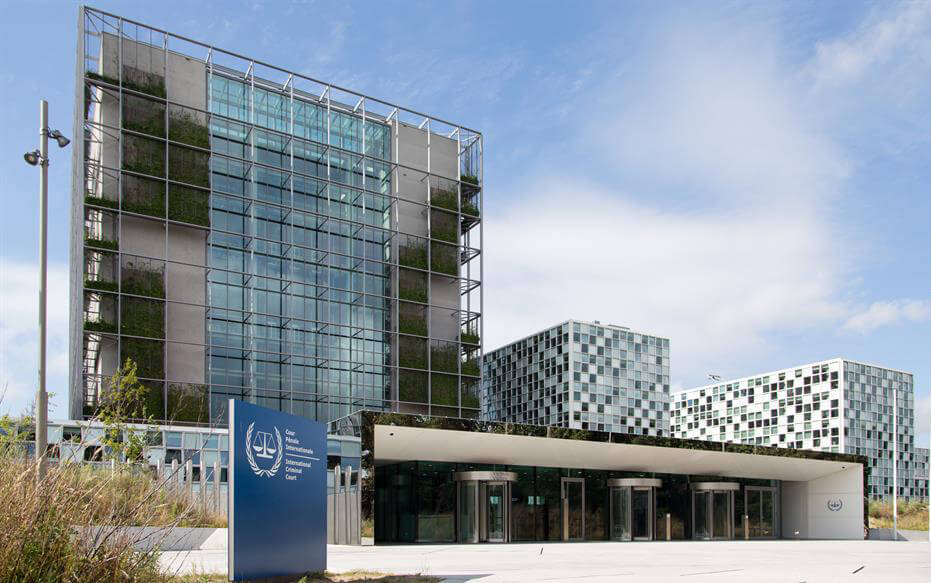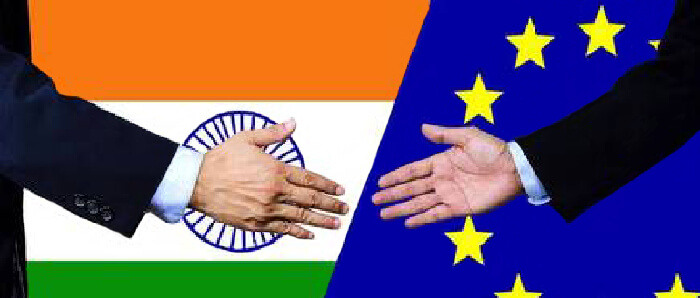The Hungarian government is making no attempt to conceal its violation of the law. You can read all about it on an official website, which meticulously records the statistics for every single week of the year, by category, with precise case figures.
These concern the deportation of refugees by Hungarian border guards from Hungary to Serbia. According to the official statistics, which can be found on the website of the Hungarian police, 2,824 refugees were apprehended near the border fence and forced to return to Serbia in January this year alone. Added to this, another 184 refugees were apprehended who must first stand trial in Hungary. They, too, will usually be deported back to Serbia.
These “pushbacks” not only contravene international treaties to which Hungary is a signatory, such as the Geneva Convention. Since December of last year, they also violate a legally binding ruling by the highest court of the European Union, the European Court of Justice (ECJ). Its ruling declared the pushbacks unlawful — but the Hungarian government is ignoring the judges’ verdict. So far, Hungarian border guards have sent around 5,000 refugees back to Serbia since December 17, 2020, the day the verdict was announced. Hungary’s leader, Viktor Orban, and several members of his government have repeatedly confirmed that they intend to continue the practice.
‘Escort to a gate opening’
Andras Lederer, the migration policy expert of the Hungarian Helsinki Committee, one of the country’s most important non-governmental organizations, says this is “open and very serious defiance” of ECJ rulings, and thus of EU law, which is binding on Hungary. “It’s not very often in the legal field that things are crystal clear,” Lederer told DW. “But that is the case with ECJ rulings. They are binding, and Hungary must obey and implement them. But the Hungarian government is not doing it.”
In Hungarian officialese, the pushbacks are called “escort of apprehended illegal migrants to a gate opening of the Provisional Border Security Barrier (IBH).” This refers to the fence along the Serbian border, which since 2015 has been upgraded to a high-security installation. Gates have also been set into it at regular intervals. Refugees are sent back through these, usually immediately after they are picked up.
Violation of EU directives
Until recently, at least according to the Hungarian government’s interpretation, there was a trick that covered this practice. The fence along the border with Serbia is situated on Hungarian territory, a few meters back from the actual border. So Hungary could argue that “escorting” refugees through a gate in the border fence was not deportation — because on the other side of the fence they were still, de facto, on Hungarian territory. This, at any rate, was the argument repeatedly put forward by Hungarian government representatives, as for example with regard to the question of whether the pushbacks constituted a violation of the Geneva Convention on Refugees.
However, in its December verdict, the ECJ explicitly ruled that taking refugees to the other side of the border fence was illegal, even though this was still Hungarian territory. As the persons concerned then had no option but to leave Hungarian territory, it said, this was equivalent to deportation. And sending them back without specific guarantees, such as individual assessment of their case, was a violation of EU directives.
Wear them down, starve them out
This is not the first time the ECJ has condemned the Hungarian government for its refugee policy. In May last year, the court in Strasbourg declared that the conditions of Hungary’s accommodation of refugees in so-called transit zones was unlawful.
At the end of 2015, Hungary established two transit zones near the fence along the Serbian border. Here, refugees were able to apply for asylum. However, in recent years, the conditions for staying there had become more and more restrictive. Couples and families were separated; only babies were allowed to stay with their mothers. The accommodation was extremely cramped, and resembled the high-security wing of a prison. Finally, refugees were also hardly being given any food.
Hungarian civil rights campaigners criticized these practices, which they described as “wearing them down and starving them out”. The Hungarian government argued that the refugees had not been imprisoned and could leave the transit zone at any time in order to get provisions. However, according to Hungarian asylum law, leaving the transit zone automatically resulted in the termination of the asylum process, with the refugee banned from reapplying.
The ECJ ruled that conditions in the transit zones constituted unlawful imprisonment. Hungary closed the transit zones as a result. Ever since, refugees have been able to apply for asylum only at the Hungarian embassies of non-EU member countries, primarily Serbia and Ukraine. Last autumn, the European Commission responded to this regulation by initiating further proceedings against Hungary, and these are still ongoing.
European Commission irresolute
Responding to an inquiry from DW, the Hungarian government spokesman Zoltan Kovacs did not explain on what basis the Hungarian government was refusing to implement the ECJ’s December ruling.
A written statement from his communications department, which repeats almost word-for-word a Facebook post by the Hungarian justice minister, Judit Varga, from December last year, says: “The government continues to protect Hungary’s and Europe‘s borders and will do everything to prevent the formation of international migrant corridors.” It goes on to say that the conditions that were the subject of the verdict no longer pertain and that the ruling is therefore invalid. Kovacs does not explain what exactly is meant by this.
Given the Hungarian government’s refusal to implement the ECJ’s December 2020 ruling, Andras Lederer from the Helsinki Committee is calling on the European Commission to take action. “It would be possible to impose financial sanctions on Hungary, in the form of significant daily fines, for the non-execution of ECJ rulings,” Lederer says.
However, the civil rights campaigner is not optimistic that this will happen: “Unfortunately, it looks as if the European Commission is not as resolute as it needs to be when a member state violates existing laws.”
This article has been adapted from German.














